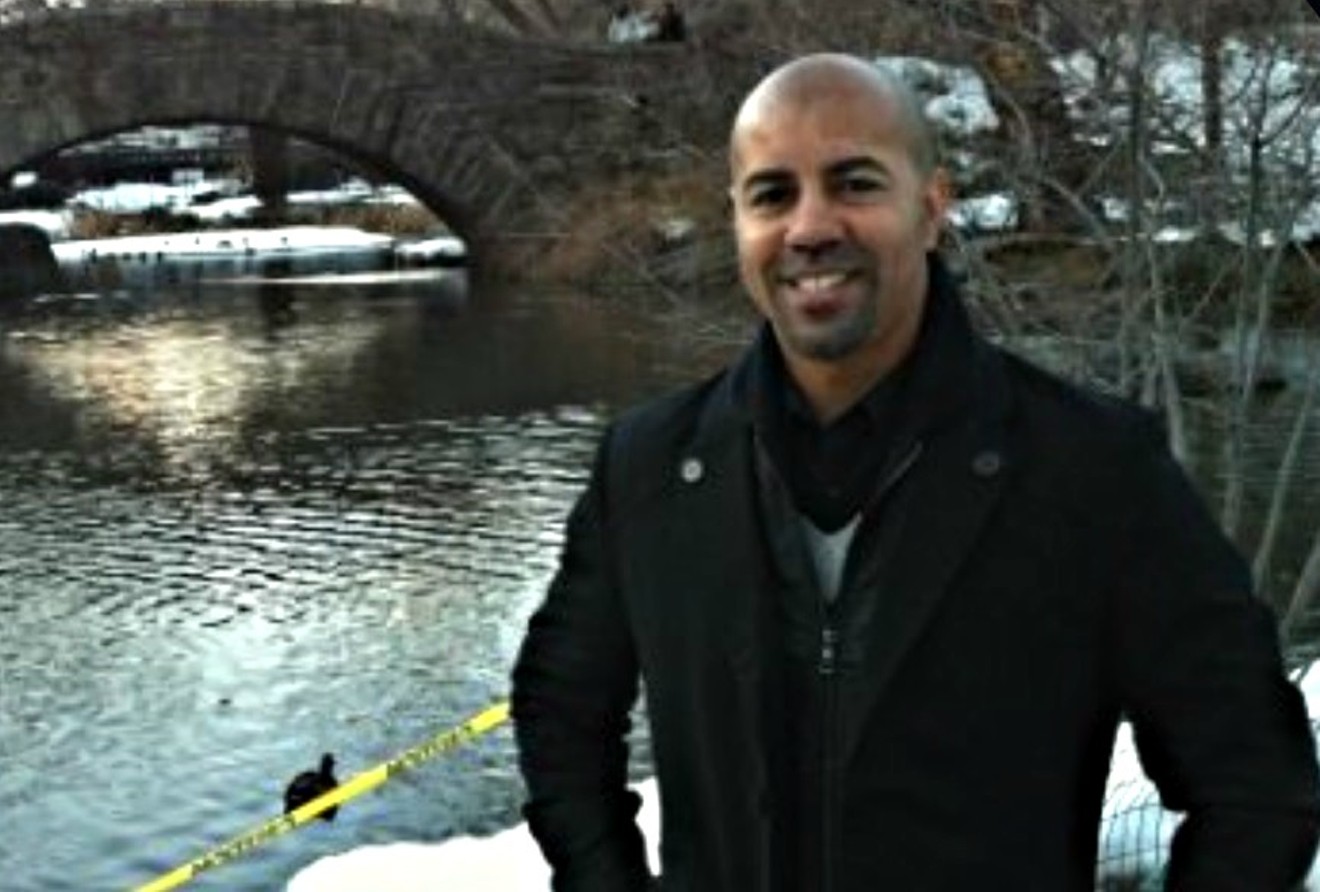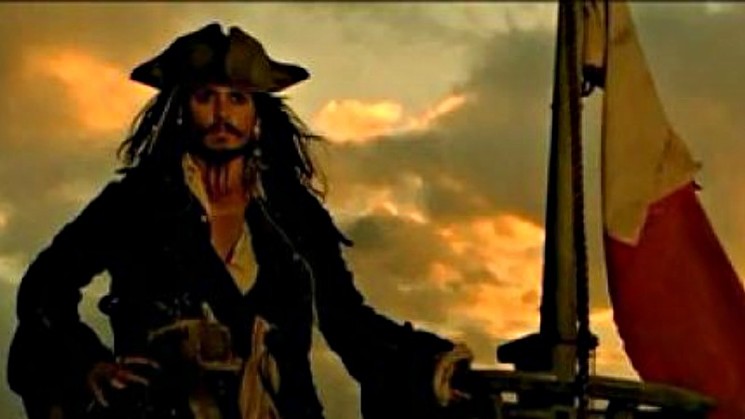"When my clients were still writing and still trying to eke out a career in Hollywood, they were terrified about what kind of retribution would be coming their way if they were to take action against Disney," says Greg Maceau, the attorney for the plaintiffs in the suit: California-based co-scripters Alfred and Ezequiel Martinez, as well as producer Tova Laiter.
Maceau Law, Greg's firm, doesn't have a long track record of suing mammoth movie-biz powerhouses; its specialty areas are divorce, family law, bankruptcy, personal injury and criminal defense. Still, Maceau isn't cowed by Disney's size and resources.
"Having done this for 38 years, I know that litigation is litigation," he maintains. "It doesn't matter if it's against a mom-and-pop corner store or a big corporation. If everybody was afraid of going up against large corporations, no one would have access to the courts when those large corporations do horrendous things."
The lawsuit is accessible below in its entirety, but the gist of the complaint involves a period that began in October 1999, when producers for Disney expressed interest in an original spec script called Red Hood written by Alfred and Martinez and submitted to the studio by Laiter on their behalf. The company purchased the screenplay and paid for Alfred and Martinez to become Writers Guild of America members, as is required by union contracts.
For the next year, the suit notes, Alfred and Martinez met with Disney types in regard to Red Hood while at the same time developing the idea for a project called Pirates of the Caribbean that was inspired by the Disneyland and Disneyworld attraction. Once the script was finished, they submitted it to one of their Red Hood producers along with original artwork and a so-called "sizzle reel" to better convey their notions — and prior to a Red Hood meeting, they recall seeing their pages and the art spread out on a table.
In the end, Red Hood was never produced: Disney shelved it after an extended stretch in development hell. Martinez eventually got the Pirates script back, too, but not for a long, long time. The package it arrived in was postmarked on November 26, 2002.
It is "highly unusual to return a script over two years later," the lawsuit allows — and by the time it reached Martinez, production on the first Pirates movie was already under way.

An example of original artwork submitted with the script written by Alfred and Martinez.
Courtesy of Maceau Law
"There are direct quotes out of my clients' script that were used by Disney," Maceau stresses. "The entire supernatural theme of the ghost ship and the pirate crew appears in my clients' script. We filed a whole spread sheet with similarities. There are more than 200 of them."
Many of the examples on the list pertain to qualities allegedly shared by Davy Jones, the name Alfred and Martinez gave to their protagonist, and Captain Jack Sparrow, played on screen by Johnny Depp.
But there are plenty of other supposed echoes. For instance, the Black Pearl in the movie is said to have been "captained by a man so evil that hell itself spat him back out," which echoes this Alfred-Martinez line: "Legend says that a big sea monster ate him and spat him out."
Here are other examples from the lawsuit — first the reference, then the time it occurred in the movie and to what script element it pertains:
"That's got to be the best pirate I've ever seen" in ref to Jack
0:48:15
Character
Red-dressed harlot appears to slap Jack "not sure deserved that" ["You had that coming"]
0:51:15
Theme, dialogue
"I hardly believe in ghost stories anymore"
0:56:44
Theme, dialogue
"We are cursed men"
0:57:35
Dialogue
Barbosa [the film's villain] emerges from doorway, transforms into skeleton, says, "You best start believing in ghost stories, you're in one"
1:00:25
Setting, theme, dialogue
As the lawsuit makes clear, Alfred and Martinez didn't need a decade-plus of reflection to see commonalities between their Pirates of the Caribbean and Disney's. "When they were sitting in the theater, they were watching their script," Maceau confirms. But he says they didn't immediately take action against the company because of their vulnerability in an industry not known for forgiving those who bite the hand that feeds it.
"You've got to remember, these were two minority kids fresh out of film school who had been admitted to the Writer's Guild on Disney's dime because they were working on the Red Hood script," Maceau says. Afterward, he goes on, "they got what some may see as prudent but what I believe was bad legal advice early on that they would have real problems if they took on Disney."
What's changed since then? For one thing, Maceau allows, "they finally found a law firm that was willing to take on Disney. But more important is where they are in their lives. They're more mature now. Lee Alfred is still writing in a very part-time capacity, but he's taken a job as an assistant principal — and he has a family and children and financial responsibilities. And Ezekiel has several different scripts ready to be launched, but he's having difficulties getting his career going — which would not be the case if they'd gotten the credit they were due for either Red Hood or Pirates of the Caribbean."
In response to the lawsuit, Disney has issued a statement that reads in part, "This complaint is entirely without merit, and we look forward to vigorously defending against it in court."
To Maceau, this reply qualifies as "absolutely disingenuous." Indeed, most studios accused of stealing ideas and the like use delaying tactics in an effort to get clients to drop out long before they get the chance to state their case before a judge — and if a trial actually materializes, defendant corporations typically defend themselves by suggesting that, in essence, great minds think alike. But Maceau doesn't think that rationale holds water.
"The supernatural aspects in my clients' screenplay are completely different than any other pirate movie ever made before," he argues. "The vast array of similarities and direct quotes out of their script takes it out of the realm of great-minds-think-alike and into plagiarism. And no matter how slight they say that plagiarism is, it's going to come back to haunt them."
That's an appropriate way to refer to this fight over a ghost story. Click to read Arthur Lee Alfred II, et. al., v. The Walt Disney Company, et al., which includes the complete Pirates of the Caribbean screenplay by Alfred and Martinez.















